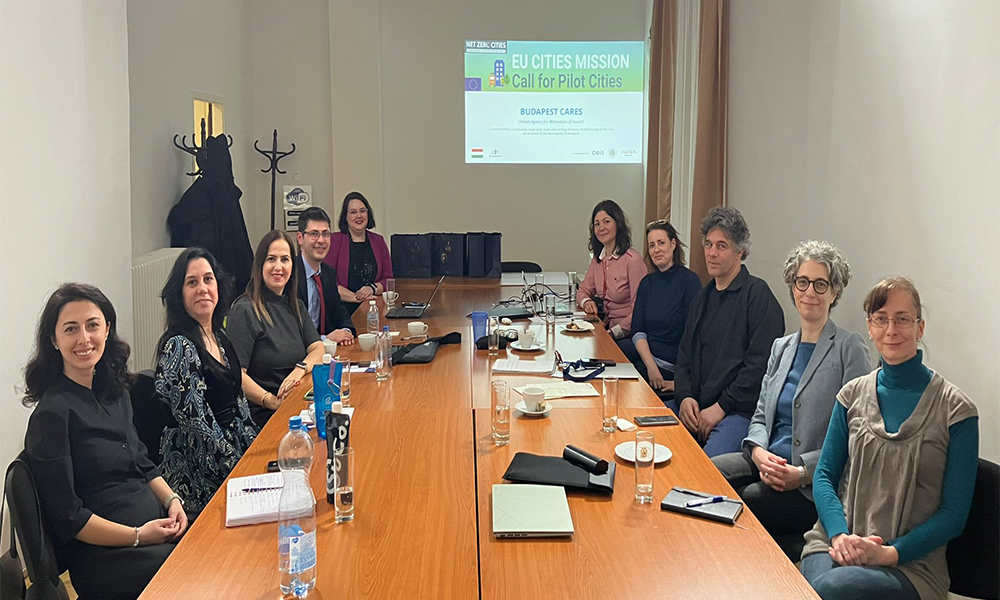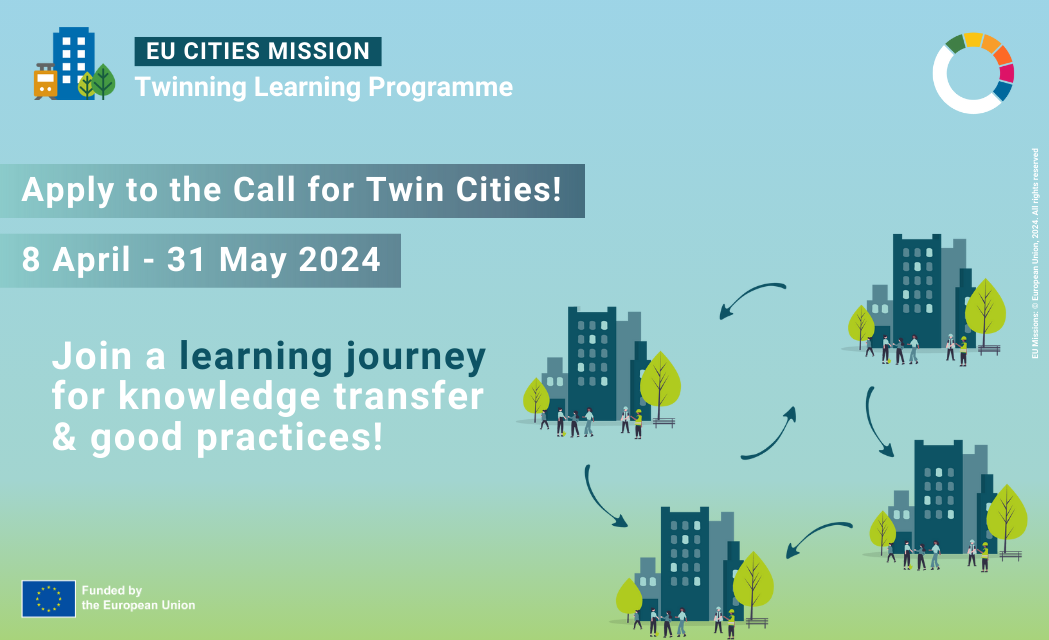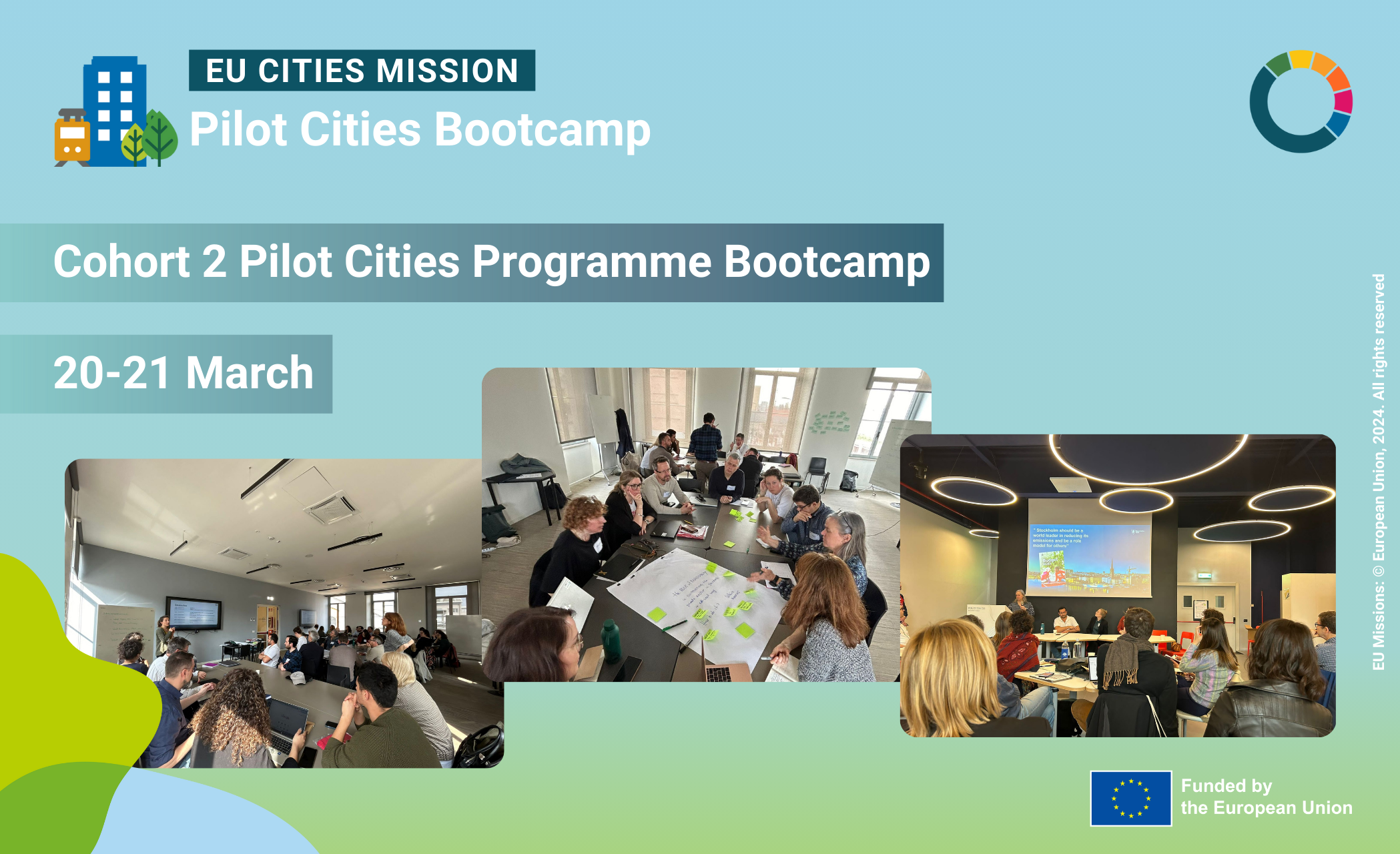NetZeroCities has published the report City Needs, Drivers and Barriers Towards Climate Neutrality that compiles the experiences of a sample of 64 participating cities from 22 EU Member States and 3 Associated Countries in the fight for climate neutrality. The cities represented, cover a wide range of population sizes and are at different stages of the climate neutrality journey. Through ten focus group discussions with city representatives, the NZC team analysed the reasons for why a city would like to become climate neutral (drivers), the difficulties hindering the journey (barriers) and the components an enabling environment should have (needs). The insights from these focus group discussions were also corroborated by the preliminary analysis of key data from the Mission Call for Expression of Interest, which have been incorporated in the report as well. The insights are presented in the following five key areas that capture the full picture of needs, drivers and barriers evoked by cities:
Policy and governance
One of the greatest barriers identified by cities was the fragmentation of responsibilities within the municipal administration and the absence of appropriate coordination between administrative levels. Cities expressed the need to implement a systemic approach and a new governance model, and secure reciprocal commitments at EU, national and regional levels.
According to the cities consulted, the Climate City Contract is one of the most interesting governance tools developed in recent years. It is not only a tool for the cities, but also a long-term commitment that ensures cooperation between cities and the other government levels.
47% of the cities identified fragmentation of responsibilities as a barrier (EC’s Mission EoI)
27% of the cities admitted a lack of available staff in implementing the Climate City Contract (EC’s Mission EoI)
Implementation practices
Cities highlighted the disconnection between strategy making and concrete actions and expressed the need to scale up existing projects and initiatives, to move from a project approach to a portfolio approach. Cities also pointed out the lack of human resources and the existence of cultural barriers as key challenges for them. The lack of knowledge about a solution often becomes a reason for not changing the ‘business as usual’, instead of being a driver to explore new opportunities.
Culture, social innovation, and participation
In the area of culture, social innovation and participation, cities are aware that engaging local communities is key to achieving climate neutrality. Some of the main difficulties identified by city representatives were the existence of resistance and fear from communities to change business as usual behaviour, the struggle to effectively involve more vulnerable groups and the limited partnerships with the private sector. Cities would benefit from tools, methods and best practices on engagement practices. They also need to learn how to showcase the socio-economic impacts of inaction to generate acceptance from citizens and other stakeholders.
31% of the cities engage vulnerable groups in climate change mitigation/emission reduction policy making (EC’s Mission EoI)
Finance and business models
Concerning finance and business models, cities recognised the lack of funding and financing schemes as one of the most important barriers. This barrier is due to several factors: high initial investment costs, regulatory and governance barriers, and lack of know-how and expertise on climate finance and climate investments. Cities therefore need a structured framework to assess funding alternatives and different financing options.
68% of the cities identified lack of funding/financing schemes as the biggest barrier to pursuing climate neutrality (EC’s Mission EoI)
Strategic learning
In the area of strategic learning, cities expressed their eagerness to learn from other cities and exchange tools, methods, experiences and best practices. They identified peer reviews, training by external exerts and presentation of tools and methodologies used successfully by other cities as helpful elements. Finally, cities also recognised the need for frameworks to measure progress, results and impacts to evaluate policies after their implementation and the access to quality data and KPIs.
48% of the cities are in the process of analysing the co-benefits generated by their climate mitigation policies (EC’s Mission EoI)
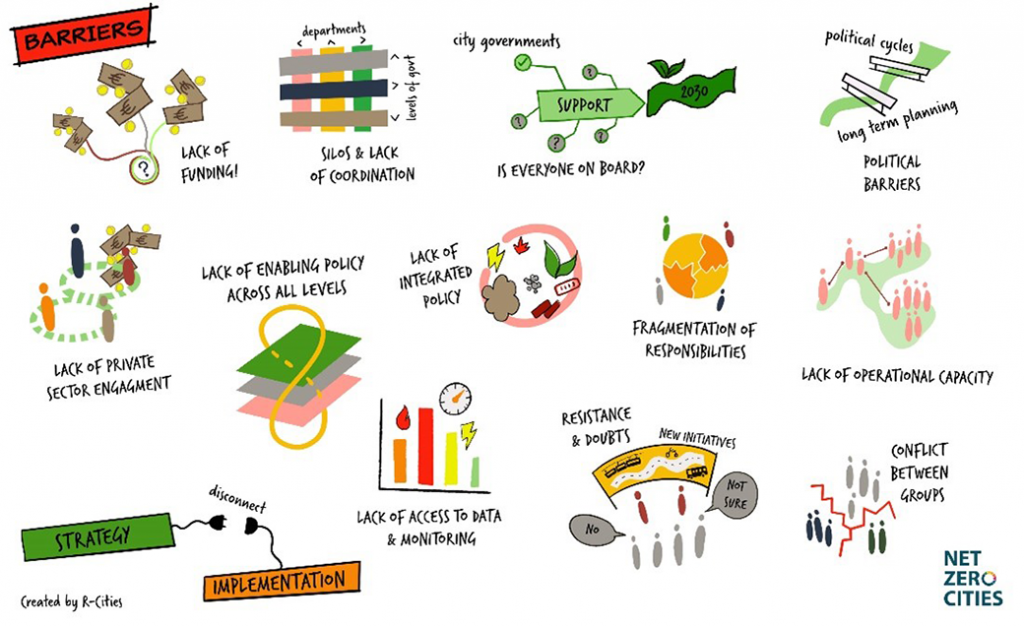
Overview of barriers identified by cities
This assessment is only the first step of an ongoing dialogue that the NetZeroCities will establish with the cities and city practitioners throughout the duration of the project.
To learn more about city needs, drivers and barriers in the journey towards climate neutrality, download the full NZC deliverable here.
Please note the report is under review by the European Commission and has not yet been validated.
